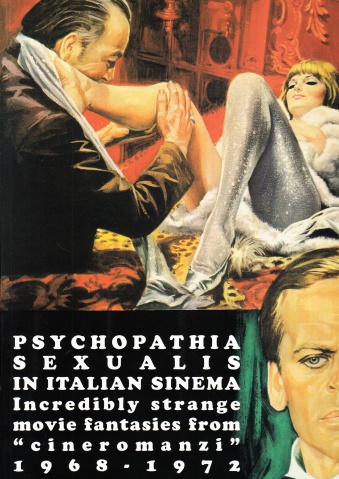Anna Akhmatova: The Word That Causes Death’s Defeat: Poems of Memory (2004)
Filed under book | Tags: · literature, poetry

Anna Akhmatova (1889–1966), one of twentieth-century Ukraine and Russia’s greatest poets, was viewed as a dangerous element by post-Revolution authorities. One of the few unrepentant poets to survive the Bolshevik revolution and subsequent Stalinist purges, she set for herself the artistic task of preserving the memory of pre-Revolutionary cultural heritage and of those who had been silenced. This book presents Nancy K. Anderson’s translations of three of Akhmatova’s most important poems: Requiem, a commemoration of the victims of Stalin’s Terror; The Way of All the Earth, a work to which the poet returned repeatedly over the last quarter-century of her life and which combines Old Russian motifs with the modernist search for a lost past; and Poem Without a Hero, widely admired as the poet’s magnum opus.
Each poem is accompanied by extensive commentary. The complex and allusive Poem Without a Hero is also provided with an extensive critical commentary that draws on the poet’s manuscripts and private notebooks. Anderson offers relevant facts about the poet’s life and an overview of the political and cultural forces that shaped her work.
Translated, with an introductory biography, critical essays, and commentary, by Nancy K. Anderson
Publisher Yale University Press, 2004
ISBN 0300191375, 9780300191370
352 pages
Review (Marjorie Perloff, Bookforum, 2005)
Review (Olga Voronina, The Slavic and East European Journal, 2006)
Stefano Piselli, Riccardo Morrocchi (eds.): Psychopathia Sexualis in Italian Sinema, 1968-1972 (2004) [English/Italian]
Filed under book | Tags: · 1960s, 1970s, body, cinema, eroticism, film, film history, nudity, sexuality

Franco the libertine, Ella the nymphomaniac, Gilberto the mad sadist, Sayer the aesthete sadist, Mary the homicidal mantis, Ahmed the debauched, X. the vicious politician, X. the fanatic and moralist judge, Kay the sexually dissatisfied, the mysterious Greta, Diana the arrogant mistress and her black servant Janita, Santino the foot fetichist, the psychopatic Dr. Lyutak, the submissive Marcia, the refined Lesbians Paula and Mudy, Silvia the happy masochist… These are the eccentric characters enliving the stories of this anthology of Italian movies from the so-called Sexual Revolution, featured in the form of “cineromanzo”. Krafft-Ebing’s theories, Sade’s fantasies, Freud’s analyses in a mix of sequences chosen from rare Italian magazines of the 1970s.
Publisher Glittering Images, Firenze, 2004
ISBN 8882750477
104 pages
PDF (21 MB)
See also Bizarre Sinema! Jess Franco. El sexo del horror, 1999. (in English/Italian, 30 MB, no OCR)
Humphrey Jennings: Pandæmonium, 1660-1886: The Coming of the Machine as Seen by Contemporary Observers (1985)
Filed under book | Tags: · 1600s, 1700s, 1800s, history of technology, industrial revolution, industry, literature, machine, mechanics, technology, united kingdom

Pandaemonium, 1660-1886 is a book of contemporary observations of the coming, development and impact of the Industrial Revolution in the United Kingdom, collected by documentary film-maker Humphrey Jennings between 1937 and his early death in 1950. His daughter, Mary-Louise Jennings, and a co-founder with Jennings of Mass Observation, Charles Madge, brought his work to publication in 1985. The book takes its title from the first excerpt within it, the section in Book I of Paradise Lost (1660) in which John Milton describes the building of Pandaemonium, the capital city of Hell. (from Wikipedia)
From the New York Times review (1985): “For Humphrey Jennings, Pandaemonium was a prophetic symbol of industrialism, and it provides not only the title but also the starting point of his attempt to chronicle ‘the imaginative history of the Industrial Revolution.’ This was best done, he thought, by letting those who took part in the process speak for themselves, and Milton’s lines usher in a collection of some 370 texts ranging from the 1660’s to the 1880’s – the testimony of scientists, artists, rich men, poor men and a great throng of miscellaneous witnesses. Between them, these passages (or ‘images,’ as Jennings preferred to call them) are meant to provide a composite picture of how contemporaries experienced the triumph of the machine, how it transformed both their outward circumstances and inner lives.” (Review)
The cover above is from the UK edition.
First published by André Deutsch. London, 1985
Edited by Mary-Lou Jennings and Charles Madge
Publisher The Free Press, New York
First American Edition, 1985
ISBN 0029164702
376 pages
via joandleefe
PDF (30 MB)
Comment (0)
